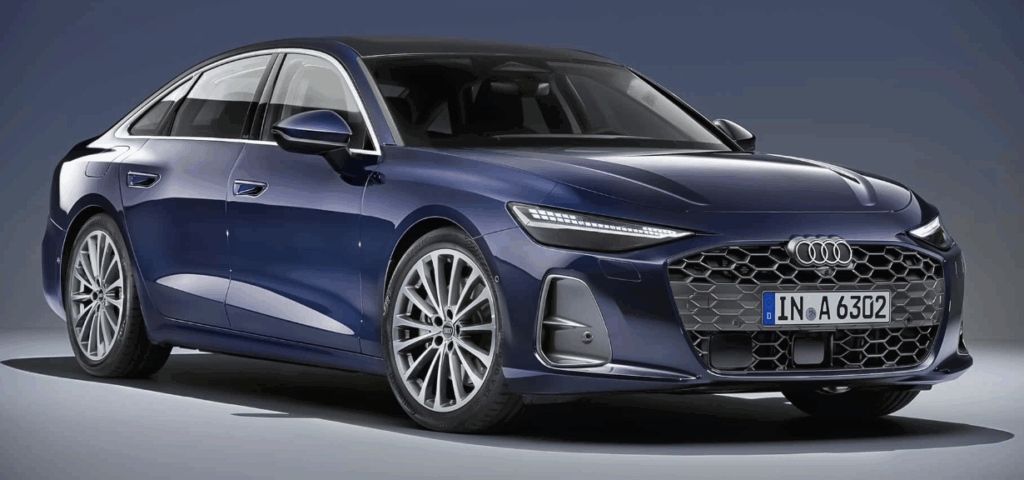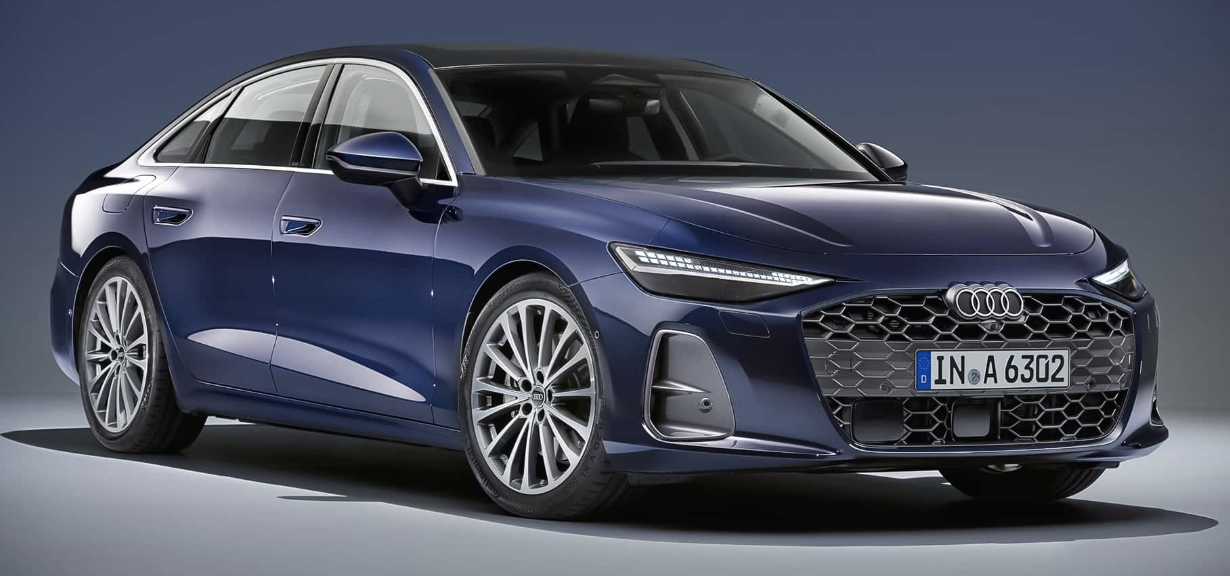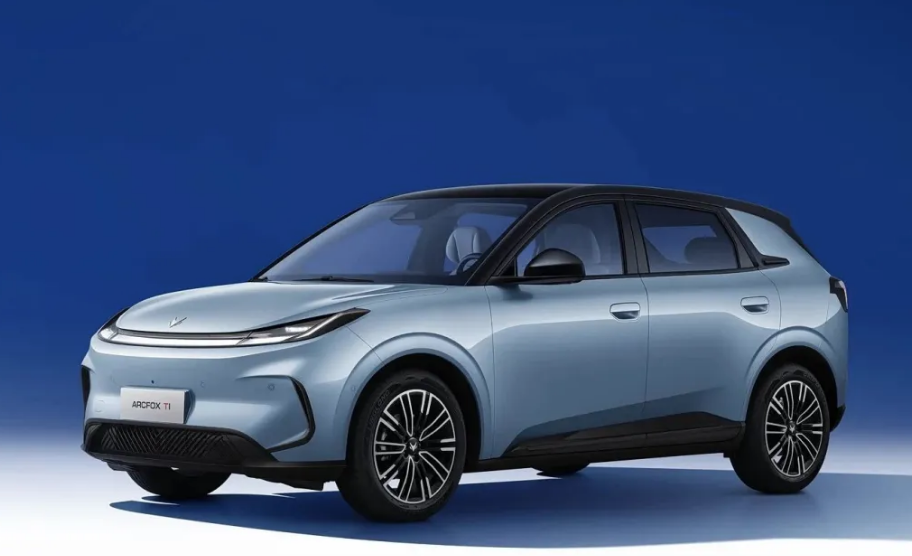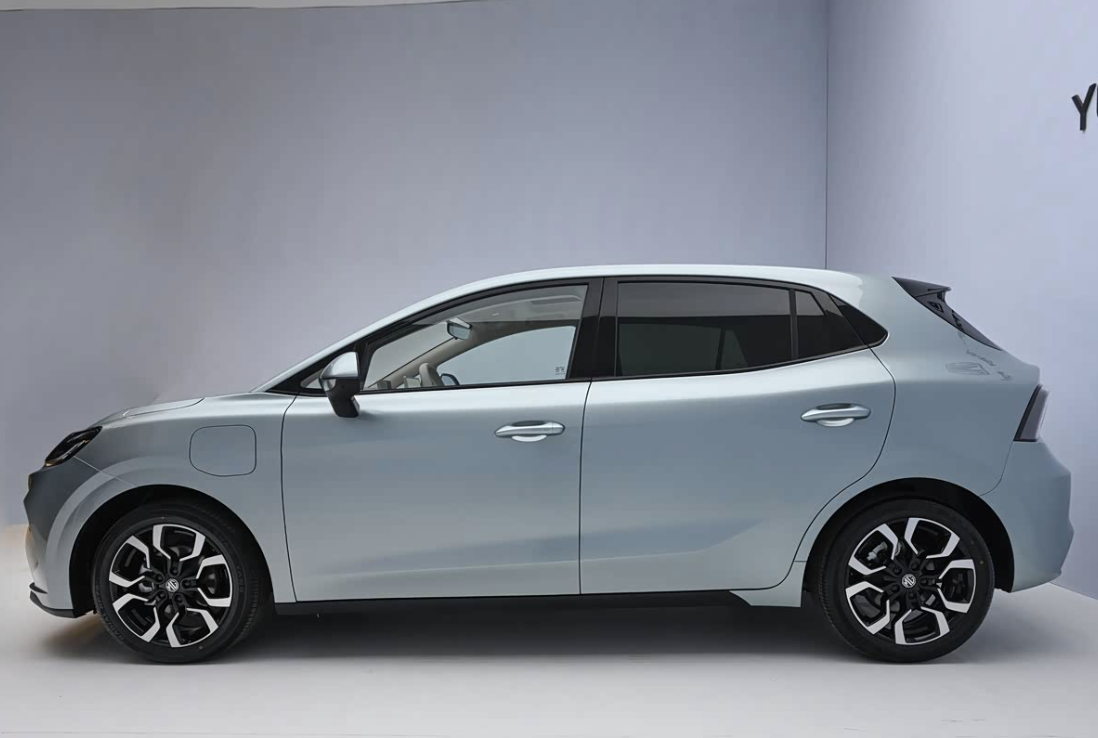According to a report by Autocar, Audi’s global CEO Gernot Döllner stated in an interview that the company has scrapped its plan to end internal combustion engine (ICE) production by 2033. Instead, Audi will continue producing gasoline-powered vehicles until around 2035—or even longer, depending on market conditions. Döllner also revealed that the A1 and Q2 will be discontinued, making the A3 and Q3 the brand’s new entry-level models. At the upper end, the A8 will remain Audi’s flagship sedan, while the Q7, Q8, and the rumored Q9 will anchor the top of the SUV lineup. Meanwhile, Audi will continue expanding its EV portfolio, with the all-electric A3 set to debut next year.

Back in 2021, under then-CEO Markus Duesmann, Audi announced it would stop developing new combustion engines and would only launch all-electric models after 2026, with a plan to end ICE production by 2033 and achieve carbon neutrality by 2050. Duesmann, who became CEO in April 2020, was the architect of Audi’s electrification push, implementing restructuring and job cuts to adapt to industry changes. He was succeeded by Gernot Döllner on September 1, 2023.
The year 2026 will mark a major product cycle for Audi, with several next-generation combustion models slated for launch. These include the new A5 (replacing the A4), which will be offered as both a Sportback coupe and Avant wagon, featuring larger dimensions and a choice of 2.0-liter turbo or 3.0-liter V6 engines, with the latter powering the S5 performance variant. The new A6 will not be renamed, but will continue in sedan and Avant wagon form, built on the new PPC combustion platform with significant upgrades in design and technology, and is expected to debut in 2026. The third-generation Q3, unveiled on June 17, is based on the MQB Evo platform and features Audi’s latest design language, a new dual-screen interior layout, and both ICE and plug-in hybrid options.
Looking further ahead, Döllner confirmed that Audi will take the lead in developing Volkswagen Group’s platform and software architecture for mid-to-large vehicles, covering all models from the A5 segment upward. This project, developed in partnership with Rivian, will underpin the upcoming SSP platform. The first Audi models on SSP are expected to launch in late 2027 or 2028, marking VW Group’s first full step toward “software-defined vehicles.”
Audi’s financial performance, however, highlights the challenges it faces. In 2024, Audi Group reported revenue of €64.5 billion, down 8% year-on-year, with operating profit falling 38% to €3.9 billion. The operating margin slipped from 9% to 6%, while net income and cash flow also declined. Deliveries totaled 1,692,548 vehicles, of which the Audi brand accounted for 1,671,218 units—a year-on-year drop of 11.8%. Bentley delivered 10,643 cars, Lamborghini 10,687 cars, and Ducati motorcycles 54,495 units.
Meanwhile, restructuring continues. On February 28, Audi announced the closure of its Brussels plant, resulting in approximately 3,000 job losses. According to foreign media, by 2029 Audi plans to cut up to 7,500 administrative and R&D positions in Germany as part of Volkswagen Group’s €10 billion cost-cutting plan. In total, VW Group is planning nearly 48,000 job cuts across its brands, including 35,000 at Volkswagen, 3,900 at Porsche, and around 1,600 at its software subsidiary Cariad.



